As December, and our HIV awareness posts come to an end, we want to celebrate one of Nebraska Medicine’s partners that works closely with our Specialty Care Center to provide HIV care, and creates inclusive and safe spaces for diverse communities across Nebraska.
The Nebraska AIDS Project (NAP) is a non-profit organization established in 1984 in response to the early AIDS crisis when less was known about HIV and AIDS and there were fewer treatment options. NAP serves the entire state of Nebraska with offices in Omaha, Lincoln, Norfolk, Kearney, and Scottsbluff, reaching approximately 350-400 people living with HIV at any given time in Case Management and Supportive Services (social support, financial assistance, linkage to care and treatment). NAP also provides free and confidential testing across the state of Nebraska, performing approximately 2,000 tests annually and provides free access to condoms and safe sex counseling.
On Saturday December 2, 2017, the Nebraska AIDS Project put on a gala with a mission: The Night of a Thousand Stars. This is an annual event targeted to raise around $100k to support the programs of the Nebraska AIDS Project. The Stars gala has raised over two million dollars since the fundraiser began in 1998, and on December 2, in 2017, they raised $86,000 for their programs.
Every year NAP recognizes individuals in the community who have publicly demonstrated dedication to serving the community. This year’s Shining Star Award Winners at Stars were Brenda Council and Dr. Jay Irwin and the honorary chair was State Senator Adam Morfeld.
- Brenda Council was on the original NAP board, and has served on the Omaha Public School Board, on the Omaha City Council, in the Nebraska Legislature, and nearly became the mayor of Omaha TWICE in 1994 and then again in 1997, losing by a narrow margin both times. More recently, she drives the Adolescent Health Project (AHP) effort for Douglas County and she continues to perform public service in a number of different ways, most passionately linked to reducing unplanned and/or unwanted teen pregnancies. Her role as the AHP Program Director enables her to work on teen pregnancy AND reduction of STI’s among young adults as well.
- Jay Irwin is a well-respected community member who represents inclusion of all types of identities within his primary role as a professor at UNO, but also as an elected member to Ralston’s Public School board. Jay has a unique tie to an audience of young folx in our community (“folx” is a term that refers to a generic group but with intentional inclusion of non-binary people, similar to “Latinx”). Young folx are a demographic targeted by NAP for education/testing services and NAP embraces the active voices in the community that speak to this audience. Jay was the first openly-trans man to be elected to a publicly held office in the state of Nebraska (elected to RPS school board in 2016) and is also a part of the Midlands Sexual Health Research Collaborative.
- State Senator Adam Morfeld was this year’s Night of a Thousand Stars honorary chair– similarly selected by overall values and initiatives that are in line with the NAP mission, Adam is continually pushing social justice issues in the unicam and is the acting Executive Director of Nebraskans for Civic Reform (NCR).
Nebraska AIDS project would like to thank Nebraska Medicine, one of the Night Under The Stars’ Gold sponsors, and all sponsors who contributed to making this event a success.
Content provided by London Woolman, Interim Executive Director, Nebraska AIDS Project
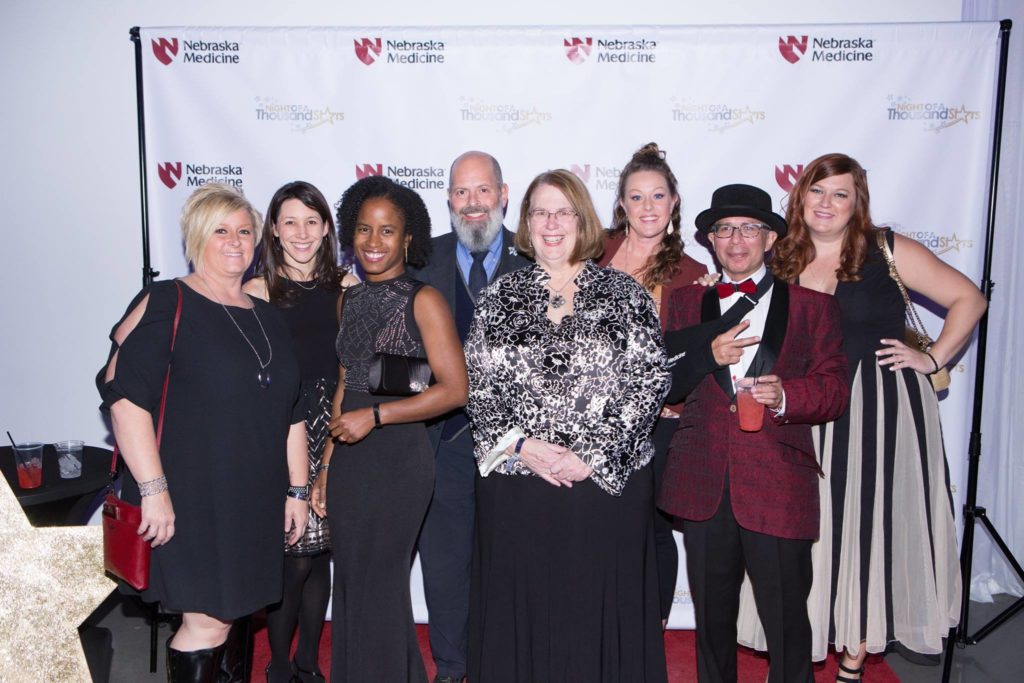
Faculty and Staff of the UNMC/Nebraska Medicine Specialty Care Center at the Night of A Thousand Stars Gala Event on December 2, 2017
Photo courtesy Justin Barnes and Nebraska AIDS Project
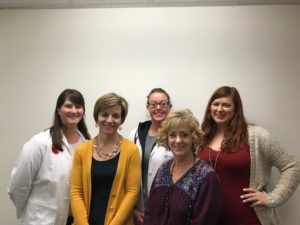

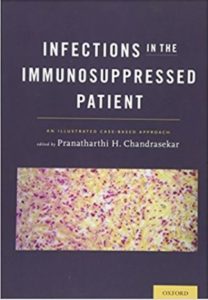
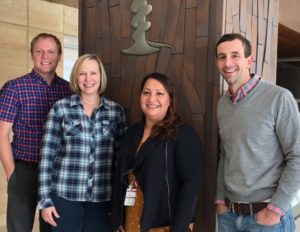
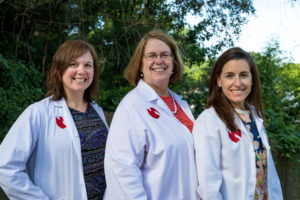
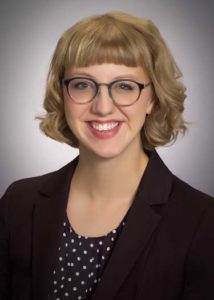
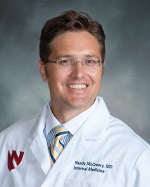
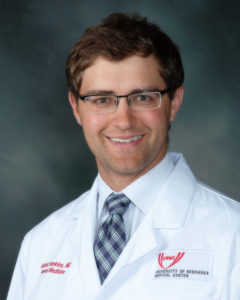
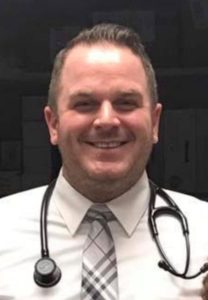
Recent Comments